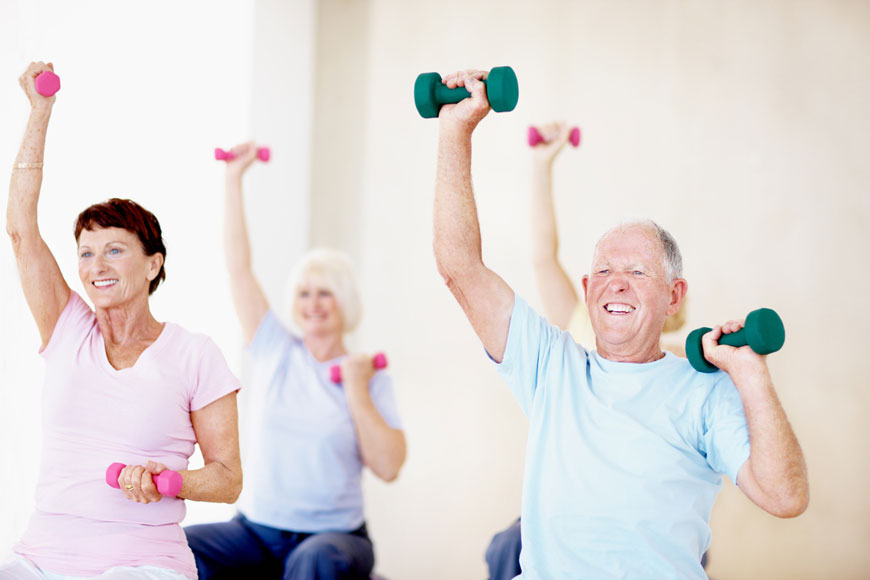Osteoporosis has long been thought of as a disease that affects older women. Not so, says Independence Medical Director Karen Jackson-White, MD. Both men and women — starting younger than you think — should take steps to prevent osteoporosis. We talked to Dr. Jackson-White about who is at risk of osteoporosis and what they can do about it.
What is osteoporosis?
It’s basically a thinning of the bones that tends to occur over time as we age.
Who is at risk?
Both men and woman are at risk, and risk increases with age, lifestyle, and certain medications.
Does exercise affect osteoporosis risk?
Yes, but not in the way you might think. Excessive exercise, such as training for a marathon or Tour-de-France-level cycling can actually increase the risk of osteoporosis. However, average exercise habits are helpful in preventing it. Talk to your doctor about what’s right for you.
How much calcium should we aim to get in our daily diet?
From age 9 to 18, both males and females should aim for 1,300 mg of calcium a day. From 19 to 50, aim for 1,000. From 51 to 70, things get a little different: Men should get 1,000 mg and women should get 1,200 mg.
What are the best sources of calcium in our diet?
The most well-known sources of dietary calcium are dairy products: milk, yogurt, and cheese. Lesser-known yet significant sources of calcium include canned sardines and salmon (with bones), fortified cereal and orange juice.
What do you suggest for vegans looking to add calcium to their diets?
Vegans should take special care to make sure they’re getting enough calcium. Tofu, turnip greens, and fortified non-dairy milks are all sources of calcium that they can include in their diets. Calcium supplements are also a good idea, but be sure that the calcium used isn’t animal-sourced.
Which calcium supplements are the best?
Look for supplements that include Vitamin D. Vitamin D helps the body absorb calcium. Otherwise, any off-the-shelf brand is okay. It may be easiest to take calcium in a chewable form or as part of a daily multivitamin.
Which prescription medications can affect bone health?
Certain medications, such as steroids and cancer cancer treatment with aromatase inhibitors, may cause bone loss — whether you take them now or have taken them in the past. Talk to your doctor if you’re concerned about this.
What are the symptoms of osteoporosis?
Unfortunately, the first symptom is usually a broken or fractured bone. There are no symptoms of osteoporosis that you can feel.
How do you test for osteoporosis?
A bone density test can diagnose osteoporosis before a break and predict the likelihood of a future injury. This screening is recommended for women 65 or older and men 70 or older. You should also have a bone density test if you are menopausal or postmenopausal and have risk factors such as a family history of osteoporosis or taking the medications mentioned above.
When should we start taking steps to prevent osteoporosis?
Osteoporosis prevention starts at an early age. A diet rich in calcium and vitamin D, as well as regular weight-bearing exercise, can help us build up our bone density before it peaks in our 20s and 30s. After that, we should aim to maintain the bone density we have.
By Rebecca Finkel, Independence Blue Cross


